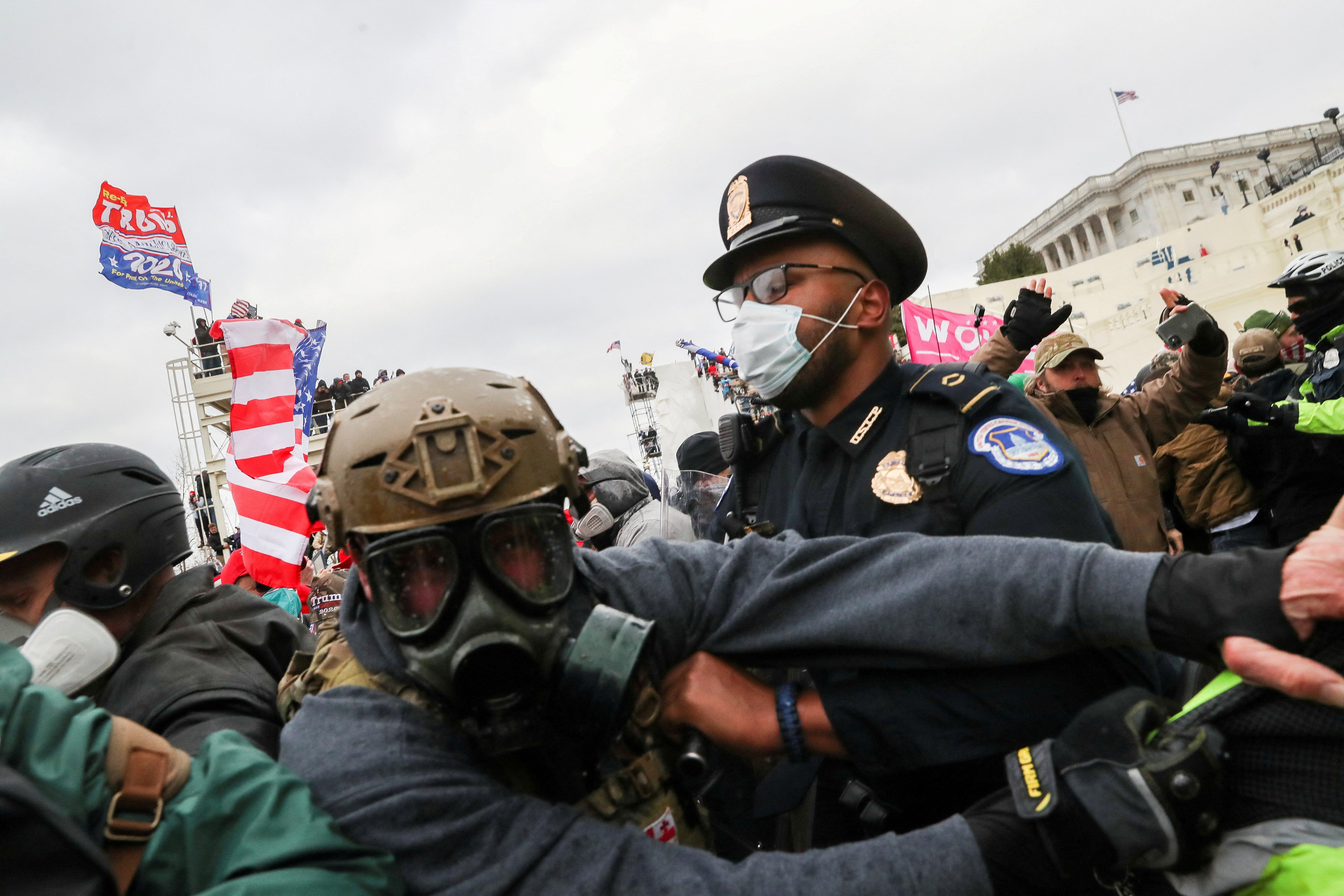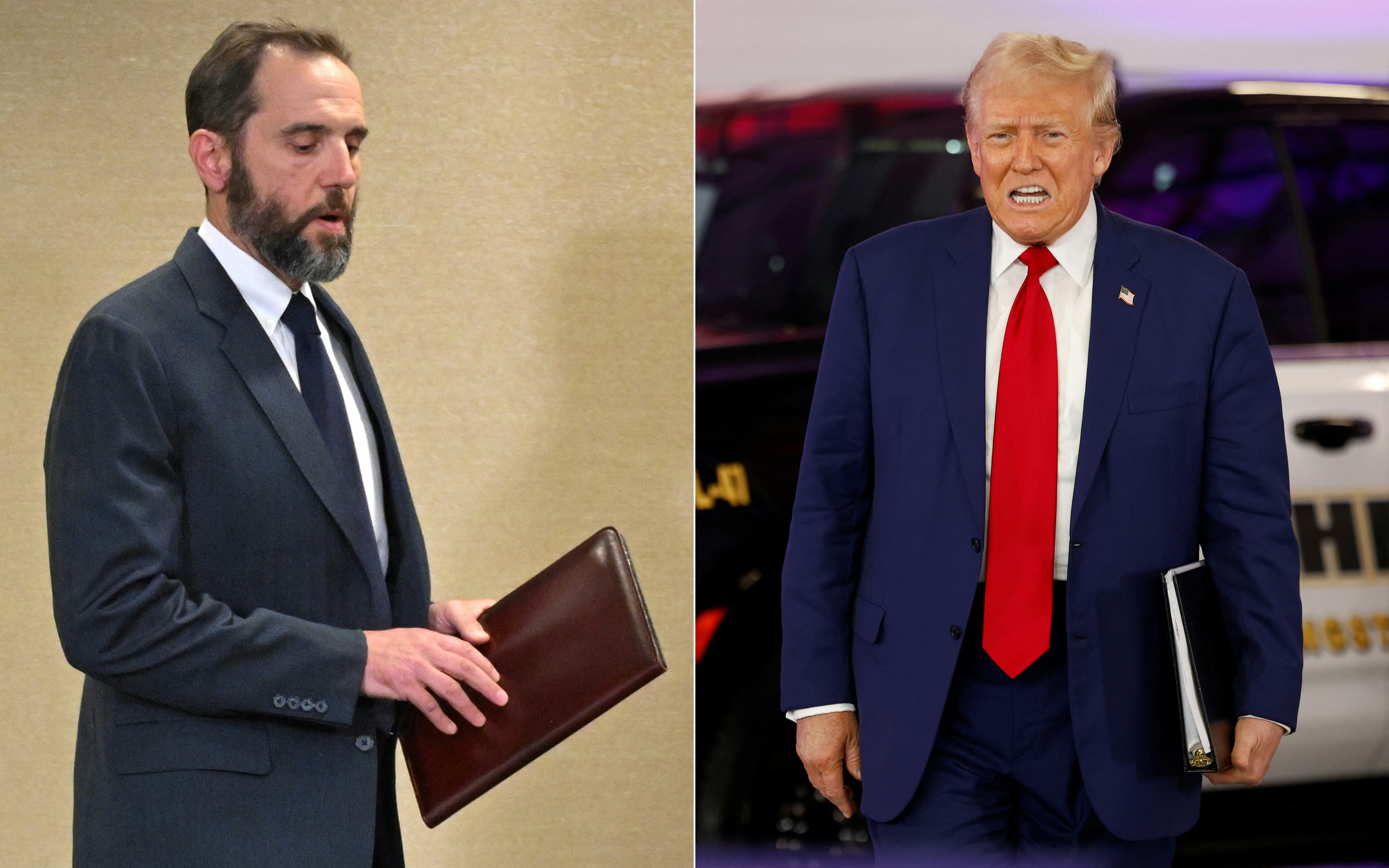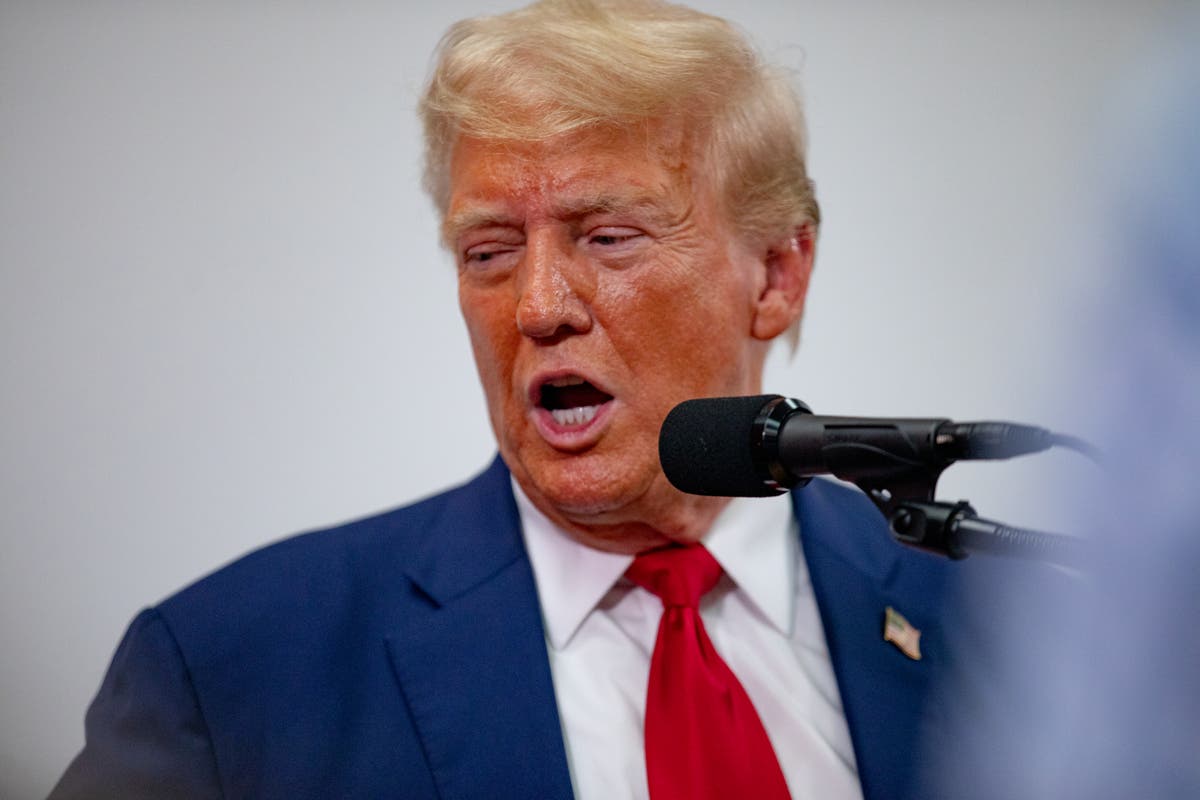A newly assembled grand jury has indicted Donald Trump, again, for his attempts to overturn the results of the 2020 presidential election, after the Supreme Court ruled that the former president has some “immunity” from prosecution.
The superseding indictment — which was presented to a new grand jury that had not previously heard evidence in the case — retains the same four core charges against the former president, but special counsel Jack Smith notes that the indictment “reflects the Government’s efforts to respect and implement the Supreme Court’s holdings and remand instructions” from the high court’s landmark decision on presidential immunity last month.
Monday’s 36-page indictment — nine pages shorter than the initial document — is Smith’s attempt to navigate a Supreme Court decision that affirmed that a president is “absolutely” immune from criminal prosecution for actions that stem from official duties in office, and granted “presumptive” immunity for actions in the “outer perimeter” of those duties.
Prosecutors now appear to be downplaying any connection between Trump’s “official” duties and his alleged crusade to unlawfully reverse his election loss.
“The Defendant had no official responsibilities related to the certification proceeding, but he did have a personal interest as a candidate in being named the winner of the election,” according to the new indictment.

The new indictment notes that Mike Pence, for example, was not only vice president but also Trump’s “running mate” when the former president launched a pressure campaign to block the certification of election results on January 6, 2021, when a Trump-fueled mob stormed the Capitol and derailed a joint session of Congress assembled to certify Joe Biden’s victory.
It also stresses that Trump’s rally in Washington DC that day was “privately-funded” and “privately-organized,” and that Trump used his Twitter account for “personal purposes.”
A section in the original indictment that accused Trump of trying to “leverage” the Department of Justice to pressure state officials to reject election results also has been removed, along with references to government officials who repeatedly told Trump that there was no merit whatsoever to his bogus narrative of widespread election fraud that he used to justify his spurious efforts to throw out results.
A list of unnamed co-conspirators also no longer includes a person believed to be former Justice Department official Jeffrey Clark, and the phrase “private attorney” now describes the unindicted lawyers who allegedly helped Trump pressure officials to overturn results.
But the new indictment largely aligns with the narrative outlined in the original charging document — tracing how Trump, allegedly, knowingly relied on false claims surrounding the election to pressure state officials to promote false slates of electors to obstruct the outcome, then failed to stop his supporters from breaking into the Capitol to do it by force.
He is charged with four crimes, including conspiracy to defraud the United States, conspiracy to obstruct an official proceeding, obstruction and attempt to obstruct an official proceeding and conspiracy against rights.
Trump’s campaign directed The Independent’s request for comment to four posts on his Truth Social, where Trump called the new indictment “election interference” and an “act of desperation” that “has all the problems of the old Indictment, and should be dismissed IMMEDIATELY.”
His campaign’s primary fundraising committee also sent out an email blast calling the indictment “another Jack Smith HOAX” while telling supporters to send him “just $10” to “STAND WITH TRUMP.”

The case was frozen for eight months after Trump’s attempt to toss out the charges on “immunity” grounds made its way to the Supreme Court.
It is now back in the hands of District Judge Tanya Chutkan in Washington DC, who initially dismissed Trump’s “immunity” argument as his failed attempt to invoke the “divine right of kings to evade the criminal accountability that governs his fellow citizens.”
Trump is also relying on the Supreme Court’s ruling in his attempt to throw out a verdict in his hush money trial in New York, where a jury convicted him on all 34 felony counts of falsifying business records tied to a scheme to unlawfully influence the outcome of the 2016 election.
The judge overseeing that case is expected to issue a decision on Trump’s arguments in September.

